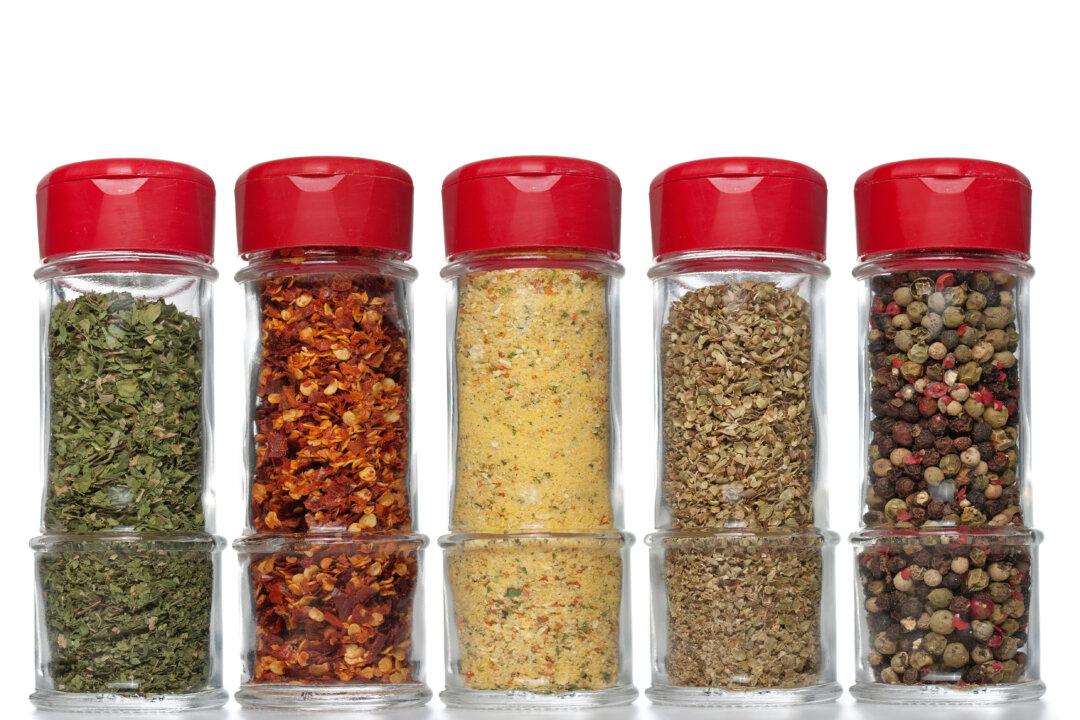Four lawsuits have been filed over the past two years over significant levels of toxic heavy metals in big brand names of herbs and spices. An analysis by Consumer Reports (CR) in 2021 detailed the problem, but big box stores continue to carry the listed brands, and the U.S. Food and Drug Administration (FDA) hasn’t yet set limits for heavy metal levels in dry herbs and spices.
The CR report, titled “Your Herbs and Spices Might Contain Arsenic, Cadmium, and Lead,” details an analysis of 126 individual products from national and private-label brands, such as Great Value (Walmart), La Flor Spices, McCormick & Co., Penzeys Spices, Spice Islands, and 365 by Whole Foods Market.






